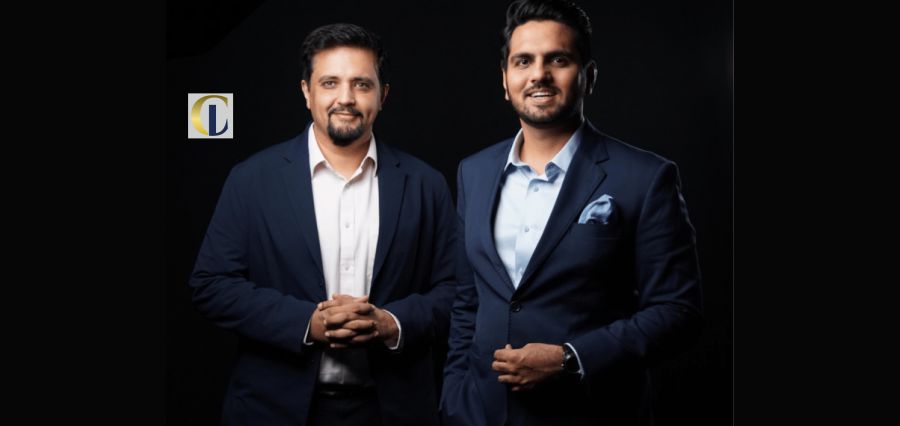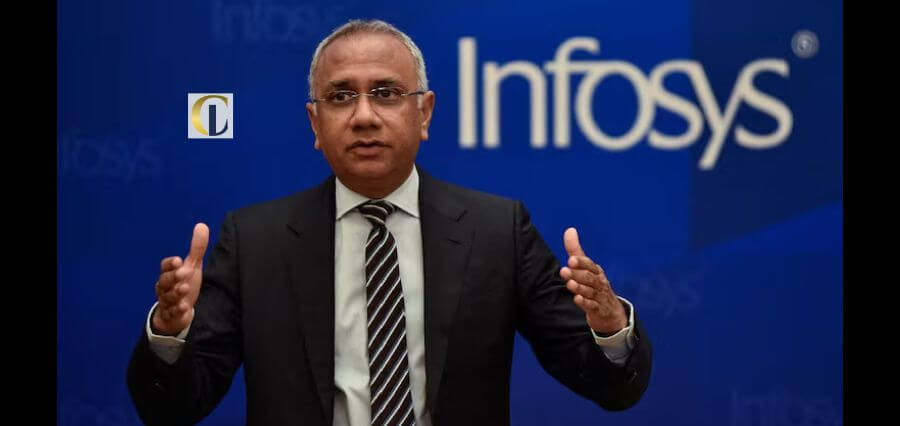The growing awareness of environmental conservation, spiraling fossil fuel prices, and the need to optimize energy consumption—have propelled business leaders to adapt to renewable power resources. However, it could be challenging to ascertain the power requirements and identify the right ways and means of implementing renewable power systems.
Professional organizations with core expertise in renewable energies specialize in offering complete turnkey solutions in customized patterns that meet the energy requirements, minimize power costs, and enhance their contribution to reducing the carbon footprint.
CleanMax is a large-scale customized renewable energy solution provider catering to a wide variety of customers, including distributed solar solutions, solar farms, wind farms, solar-wind hybrid farms, energy storage solutions, and comparative analytics.
Headquartered in Mumbai since 2011, CleanMax is India’s largest provider of renewable power to commercial and industrial customers. Galvanized by its Founder and Managing Director, Kuldeep Jain, the CleanMax team of a highly skilled and professional team that caters to a wide gamut of clients spread across India, the Middle East, and South-East Asia.
Kuldeep, an IIM Ahmedabad MBA, Chartered Accountant, and a graduate in cost accountancy, has previously headed the Energy and Corporate Finance division for McKinsey & Company in India and as a global partner too.
In the conversation with the CIOLOOK India team, Kuldeep described his professional journey at CleanMax, the initial inspirations, challenges encountered and overcome, his advice to young professionals, and their vision for a dynamic future.
Please brief our audience about CleanMax, its USPs, and how you are currently positioned as one of the best eco-friendly and sustainable companies.
CleanMax is one of the pioneers in the corporate renewable space. It was founded in 2011 with the vision to be the “sustainability partner of choice for corporate consumers.” Since then, we have helped 350+ corporate consumers to adopt renewable energy in their operations.
Our marquee clients include corporates like Adobe, Tata Motors, Facebook, MG Motors, Grasim, United Breweries, Kajaria, Cisco, Mahindra, etc. We manage one GW+ of operating wind and solar projects and supply over 1700 GWh of energy every year (equivalent to powering 5.5 lakhs households in Delhi for a year).
This offsets about 1.5 million tonnes of CO2 every year. Our biggest contribution to sustainability will always be through our services, but at the same time, we strive to be sustainable in our own operations as well. For instance, all our project sites are carefully selected after detailed Environment Impact Assessment studies and follow strict World Bank guidelines.
We have a board-mandated net zero emission target, and we will be net carbon zero (Scope One and Scope Two emissions) by the end of FY 23. Apart from that, we are also targeting water neutrality across all our large wind and solar farms.
Tell us more about CleanMax’s offerings and what aspects make it stand out in the cutthroat competition.
CleanMax offers various solutions for corporate clients to meet their sustainability targets. These include- rooftop solar, large utility-scale power plants (wind, solar and wind-solar hybrid farms), carbon credits, renewable energy certificates (RECs), etc. Clients also have the option to choose between capex (upfront investment from the consumer) and opex (no upfront investment, the consumer only pays for the energy supplied) mode of financing.
What makes us stand out among the competition is our relentless focus on our founding mission of being sustainability partners for private users. Since our inception, we have been true to our vision and have always adapted ourselves to the changing needs of our clients.
Our sole focus is “corporate sustainability,” and we have not diverted our attention to anything else. The fact that more than 60% of our new orders are from repeat clients is a testament to our excellence.
Being an experienced leader, share your opinion on how the adoption of modern technologies like AI and ML is impacting the industry and how is CleanMax adapting to the change?
The sustainability sector in India has just picked up in the last few years. As the industry matures, there will be ample scope for modern technologies like AI and ML.
As industry pioneers, we keep a close eye on innovations that happen in the space, and we will be quick in adapting to these changes.
Considering the current scenario, what kind of challenges do you face and overcome?
As a growing business, there is always a multitude of challenges that we face and overcome daily. Some of them may relate to regulatory hurdles, while others may relate to commodity price surges or fluctuations in interest rates. These are part and parcel of any business and are not unsurmountable.
What would be your advice to budding entrepreneurs who aspire to venture into your sector?
The corporate sustainability sector in India is still in the very initial stages, and there is ample room for new businesses and innovation. Our advice to budding entrepreneurs would be to find the right idea, build a product market fit, ensure strong unit economics, and jump right into it.
How do you envision scaling CleanMax’s operations and offerings in the future?
Sustainability is now a board-level topic for top corporates. CleanMax is well positioned to cater to the increasing demand from corporates. With c.3GW of renewable projects under development, we are expecting to add about 0.8-1 GW of renewable capacity every year from FY24 onwards.
This fiscal, we are adding about 600 MW of renewable energy capacity. We are also expanding our business to new international geographies like Saudi Arabia, Bahrain, and Vietnam (in addition to Dubai and Thailand).
As the corporate sustainability space matures, CleanMax shall add more solutions to its offerings, including battery storage (pilot under implementation), carbon financing, green hydrogen, etc.








